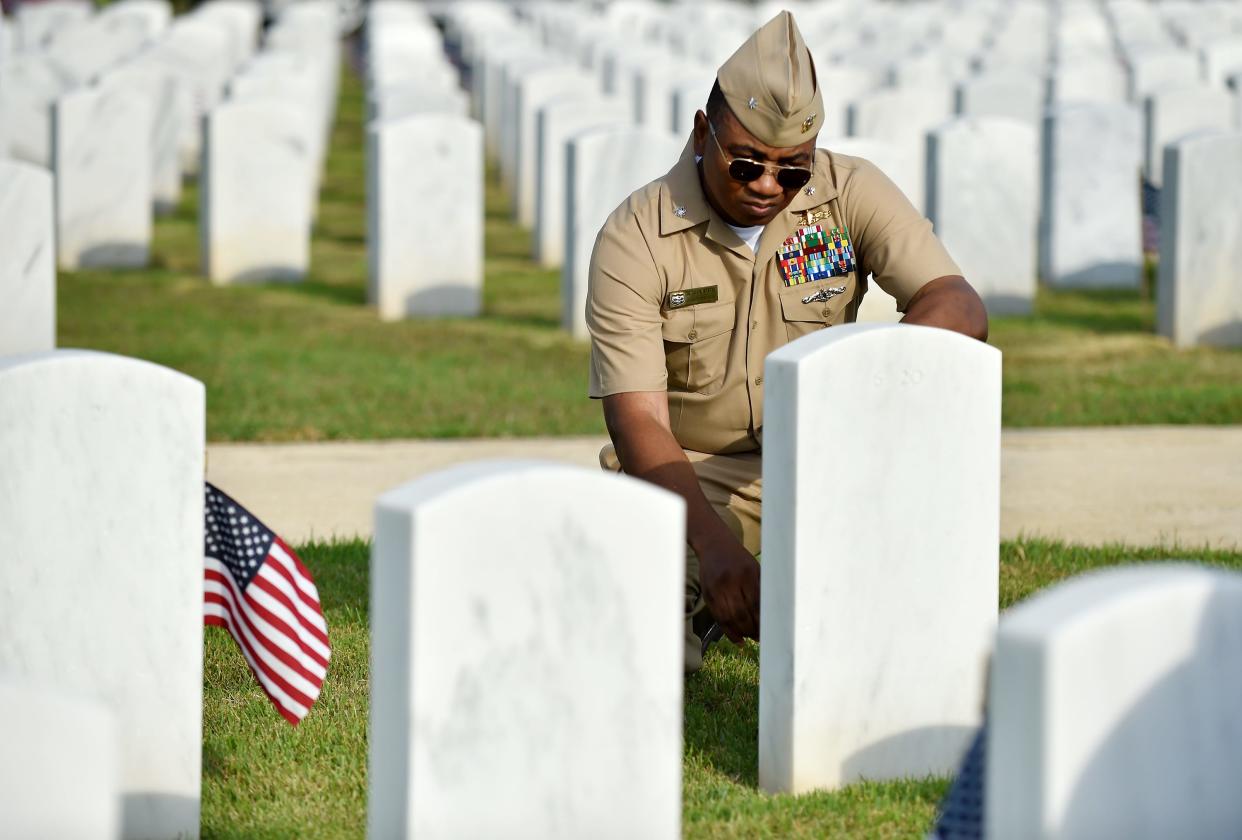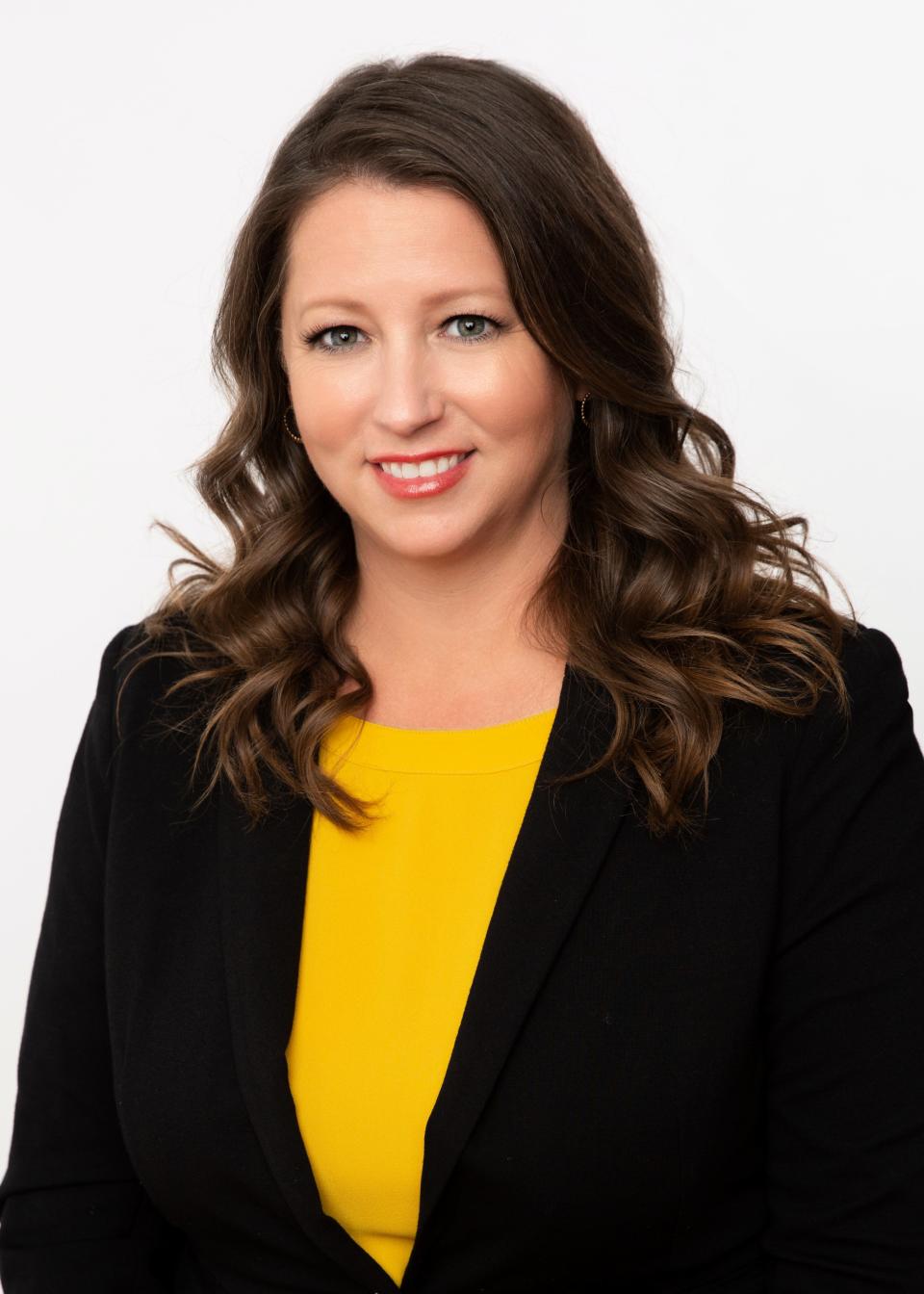Jodie Bielman: Learning about PTSD is first step in helping veterans get treatment

June is national Post Traumatic Stress Disorder (PTSD) Awareness month and the Steven A. Cohen Military Family Clinic at Centerstone remains committed to assisting veterans and military families affected by the condition. This month is dedicated to raising awareness about PTSD and how to access treatment, with June 27 serving as National PTSD Awareness Day. According to the National Center for PTSD, 7 to 8 percent of the population will experience PTSD at some point in their lifetime.
For some veterans, PTSD is a harsh reality. Those deployed in Iraq and Afghanistan during operations Iraqi Freedom and Enduring Freedom, for example, have an 11 to 20 percent risk of developing PTSD. That number may also go up with time, as evidenced by the fact that Vietnam veterans face a 30 percent risk of developing PTSD.
Veterans develop PTSD in many ways. Combat-exposed veterans face increased risk, as do veterans who experience military sexual trauma. A veteran may also develop symptoms after learning that a friend was injured in the line of duty. These varied ways in which veterans develop PTSD mean each veteran is affected differently. For National PTSD Awareness Month, it’s important to know that this condition comes in many different forms and affects different people in different ways.

While PTSD may be commonly associated with military veterans, it can happen to anyone who experiences a frightening or traumatic event, such as a serious accident, a physical or sexual assault, or a natural disaster, as well as seeing someone killed or seriously injured. Men, women, and children can experience PTSD due to trauma in their lives.
Events due to combat, accidents, disasters, and abuse are just a few of the causes of PSTD, though not everyone seeks treatment for the disorder. In fact, nearly one in four Americans — 23 percent — believe PTSD is not treatable. That’s according to the 2021 America’s Mental Health PTSD Pulse Survey from Cohen Veterans Network.
There are multiple therapy options available, however, that have been proven effective for treating PTSD. There are also resources available to help diagnose PTSD and get help. There is no shame in seeking assistance.
Guest column: Strength of veteran health care multiplies through community partnerships
How can you help? First, learn about PTSD to understand the condition. Education enables a better understanding of the issues faced by veterans and others affected by PTSD. If someone you care about is dealing with trauma, encourage them to seek help.
For veterans, National Guard, Reserves, active-duty members, and all military families, the Steven A. Cohen Military Family Clinic at Centerstone in Jacksonville provides outpatient care that can address PTSD and its effects. Many other organizations, like the VA, offer tremendous treatment and support that can positively change lives. The key is to take the first brave step and seek help.
Together we can make a difference in the lives of those affected by PTSD. No matter who you are or what you do in life, you can help veterans with PTSD. All you have to do is be open to the opportunity to show that you care.
Jodie Bielman, clinic director, Steven A. Cohen Military Family Clinic at Centerstone, Jacksonville
This guest column is the opinion of the author and does not necessarily represent the views of the Times-Union. We welcome a diversity of opinions.
This article originally appeared on Florida Times-Union: Jodie Bielman: Learning about PTSD is first step in helping veterans

